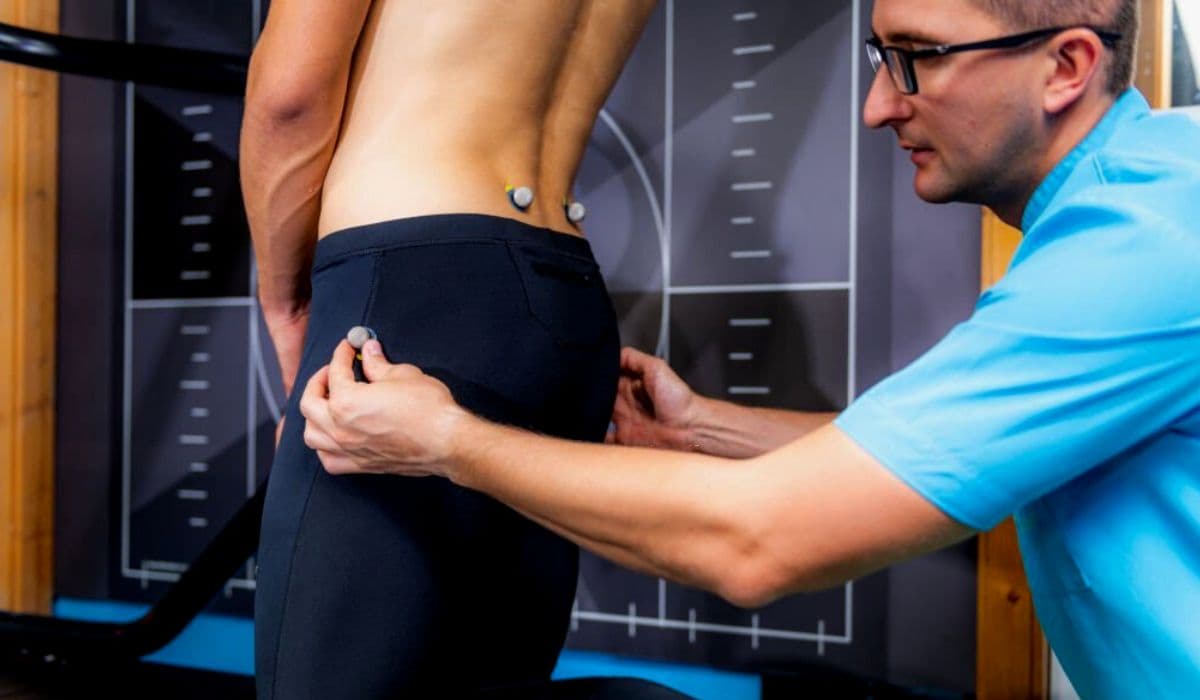Sports-related back injuries are common as it is with those associated with lifestyle and the mundane activities involved there. However, per the sources, athletes are at greater risk of sustaining back injuries, especially in their lower back due to strenuous physical activities on a routine basis.
The current article, thus, goes into further detail regarding sports-related back injuries and the different types involved there. Nevertheless, the main concern or objective of this article is to identify and communicate applicable and effective treatments for this specific problem.
Sports-Related Back Injuries, Symptoms And Causes
Sports-related back injuries, as already explained, refer to those exclusively derived from sports and associated activities. Even though back injuries can happen with normal day-to-day activities, these are more common in athletes. Repetitive strenuous movements, including twisting (in golf), cycling, weight lifting, running, and swimming are some of them. One typically sustains lower back injury more commonly when involved in activities like swimming, golf, cycling, and weightlifting.

Symptoms
Depending on the nature of sports and the back injuries they cause, symptoms related to the same have been classified as acute and chronic.
- Acute Back Pain: This relates to the injury sustained from sudden twisting movements and the injury following thereon. Sports that cause acute back pain mostly include golf and cycling. The rapid movement to hurl a ball from the heavy club is enough to cause a severe lumbar twist injury. Moreover, this sport largely involves the lumbar muscles and ligaments. The lower back pain resulting from the same is very excruciating due to the muscle twist experienced there and requires physical therapy and non-steroidal anti-inflammatory drugs (NSAIDs), such as Ibuprofen to relieve the same. Sources have reportedly revealed that about 18-54% of all sports-related lumbar back pain-cum-injury originate from golf.
- Chronic Back Pain: Some sports-related activities causing violent or jerking motion are enough to impact the muscles and ligaments of the back. While these can be treated with immediate cause identified, there is a likelihood that the pain can again come to the forefront and may stay on for long. Since this can present as acute bouts, chronic back pain can prove highly debilitating and affect one’s quality of life. In other words, when acute pain can be immediately relieved by medications and physical therapy, chronic back pain may not, even though some drugs can provide temporary relief.
Types Of Back Injuries Caused By Sports
Based on the region affected, back injury has been generally distinguished into neck, upper back, and lower back injuries.
- Lower Back Injury: As mentioned above, a good many of the sports, such as cycling, golf, and weightlifting, involve the lower back, causing strain, sprain, and pain in the area. If not treated appropriately, a lower back injury can debilitate the patient.
- Upper Back Injury: It includes the thoracic spine, i.e., the mid portion and at the rib cage level. Though upper back injury is rare because of it being rather immobile, rib fractures can happen, not excluding intercostal neuralgia. Sports that involve the rotation of the torso, such as weight training, swimming, golf, tennis, and skiing contribute to upper back injury.
- Neck Injury: Sports involving contact, such as football, tend to injure the neck more than the aforementioned parts of the spine, i.e., lower and upper back areas. The cervical spine, being the region, is at risk of injury in this case.
Related:- Return To Play Protocols For Injured Athletes – Find Out Various Steps!
Treatments For Sports-Related Back Injuries
Treatments mostly include both topical applications and oral medications. These apply to all types of back injuries sustained from sports. However, based on the severity, either one or both of them can be utilized. To date, these have included:
- Heat/Ice: Either a heating pad or ice can be used to relieve lower back (lumbar region) pain. Applying one of these to the affected areas will help reduce the inflammation caused and improve/increase mobility in athletes.
- Exercise: Physical activity is effective for athletes, as this will help them recover fast from their lower back pains. Exercises focusing on core muscles will indeed aid in strengthening the abdominal and back muscles. However, it is not wise to overdo the same and seek medical intervention if the pain persists.
- Spinal Manipulation: Spinal manipulation/mobilization can effectively relieve lower back pain through measures such as realignment. Athletes can feel pressure releasing from their spine with improved flexibility and blood flow. Of note, this also helps reduce the tension.
- Physical Therapy: This involves designing various physical therapy programs tailored to the athlete’s condition. Strengthening, stretching, and low-impact exercises are involved here to help with back muscle strengthening and for spine support to decrease lumbar back pain. When carried out appropriately, physical therapy can improve functionality and prevent pain from happening in the future.
- Anti-Inflammatory/Prescription Medication: Drugs such as naproxen and Naprosyn can effectively relieve lower back pain caused by sports-related injuries. However, in chronic pain situations, and based on the pain intensity and duration, stronger prescription medications should be prescribed. Doing so, however, depends on the athlete’s overall health.
Read More:- 5 Physical Therapy Exercises For Posture – Is Good Posture Important?
Conclusion
Sports-related back injuries can cause both chronic and acute back pain. Treating them should take into account the intensity and duration of the pain, as well as the region of the spine affected. Treatment options may also vary based on the overall health of the patients.